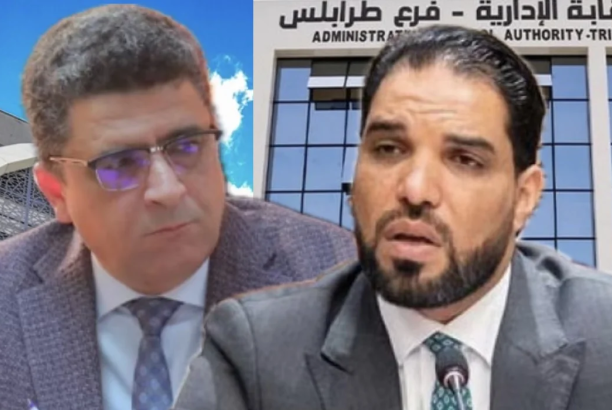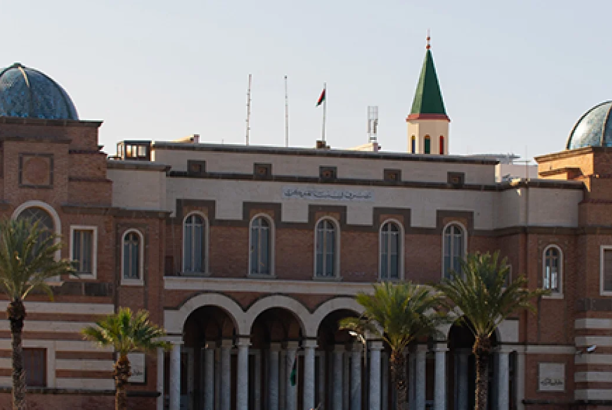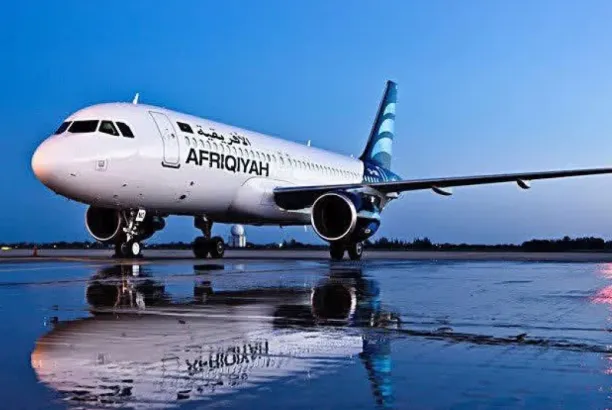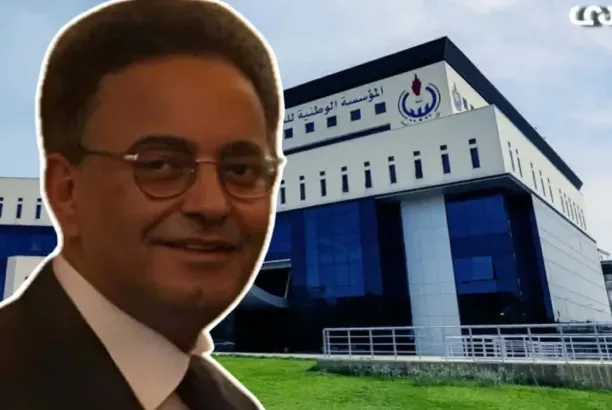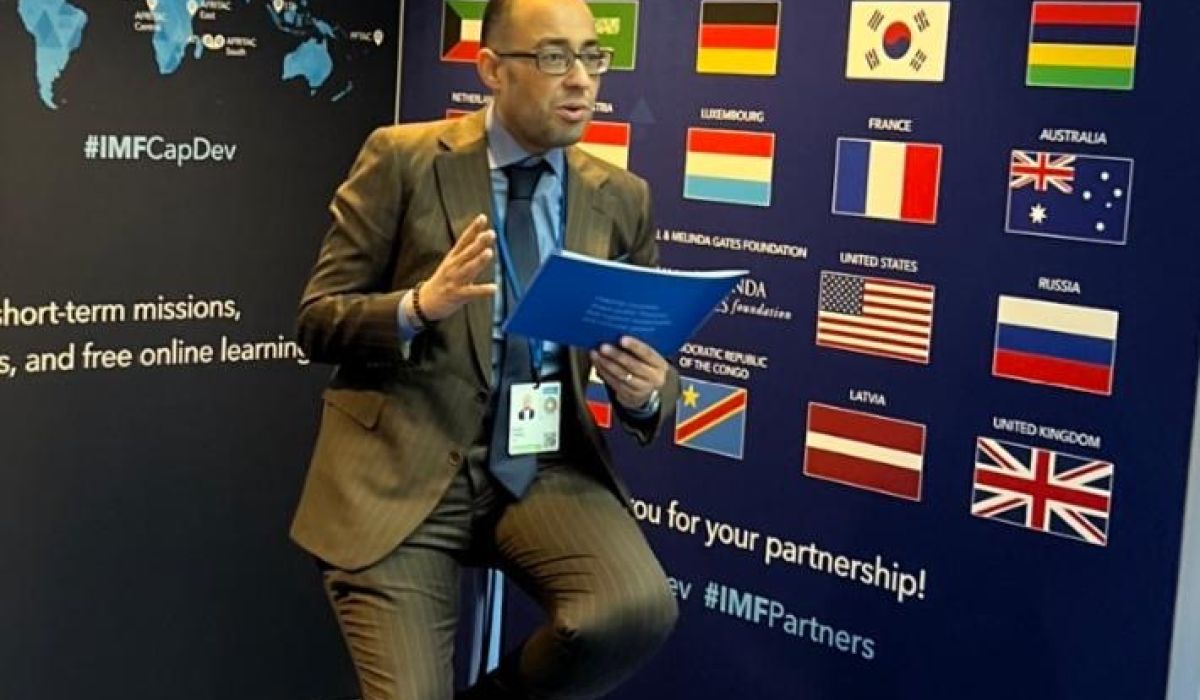
| News
Exclusive: Referencing the IMF Consultation Report, Al-Manea Reveals Benefits of Cancelling the Foreign Exchange Tax Decision and Unifying the Central Bank
Mustafa Al-Manea, a member of the Libyan delegation to the International Monetary Fund (IMF) and World Bank meetings, stated to our source: “We followed with interest the report issued today on the Article IV consultations with the IMF, held in Tunis last week. The report emphasized the IMF’s focus on gaps in the banking sector and the urgent need for reforms in Libya’s monetary authority.
IMF experts highlighted in their report the necessity of fully unifying the Central Bank of Libya, which has not been fully unified yet. They stressed the importance of integrating the payment system, standardizing accounting procedures, reducing factors that pressure the exchange rate and liquidity, implementing administrative reforms, and enforcing governance in the banking sector to maintain financial stability.
The IMF concluded in its report that the Central Bank of Libya should maintain the efficiency of the foreign exchange market, as the exchange rate is the main pillar of the macroeconomy in the absence of other policy tools. Measures aimed at influencing the demand for foreign exchange should be carefully evaluated, considering their impact on the parallel market and inflation.
The IMF also emphasized the importance of maintaining the integrity of payment systems. Experts noted that enhancing financial stability and strengthening monetary policy requires comprehensive banking sector reform. The IMF has outlined a roadmap for banking sector reform, which includes unifying the central bank, increasing disclosure and transparency, reviewing and updating banking laws, establishing a financial stability committee, developing Islamic finance, enforcing governance, and eliminating conflicts of interest where the central bank owns and supervises certain banks. Addressing failures in anti-money laundering (AML) and counter-terrorism financing (CTF) oversight and improving reporting of suspicious activities were also highlighted.
IMF experts stressed the urgent need for further work to ensure compliance within the banking sector. The consultations concluded with a call for a comprehensive economic strategy for the country, which includes increasing spending on development projects and addressing the recommendations.”
Al-Manea concluded that “the proposed roadmap by IMF experts for banking sector reform is not complex and is feasible, requiring a fully dedicated and courageous monetary authority to undertake the reform process. Our country is blessed with oil wealth and foreign exchange reserves exceeding $84 billion, capable of supporting any plan. Immediate implementation should involve canceling the imposed foreign exchange fee, restoring the Libyan dinar to its value of 4.5 dinars per dollar, liberalizing the demand for foreign exchange, and ensuring accuracy and professionalism in the data issued by the monetary authority, given the impact of this data on the strength of the Libyan dinar.”


